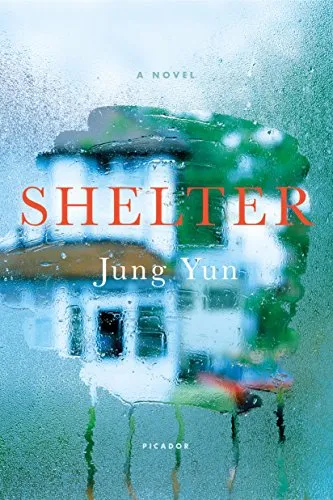
6 Tips For Reading Tough Topics
There is no way to define what a tough topic is since it can be vastly different for each person, and in some cases very personal. And I am in no way suggesting that someone who has a traumatic trigger should just try these tips to “get over it.” It may help if it’s part of therapy for someone to read a specific book that they find tough, when/if they are ready, to possibly try some of these, but this isn’t about forcing people to read things. For me personally, I have always read dark fiction, crime, and nonfiction and found increasingly since 2016 that some books were getting harder and harder for me to read — or easily reach for.
So I took a break. Buried myself in fluffy things like romance and fun mysteries. But the world has stayed difficult, we entered into a pandemic that doesn’t appear to have an end in sight. Reading has always been a constant throughout my life and I found myself feeling that I could either find ways to adapt or end up incredibly frustrated that my reading life was being altered. I didn’t want to keep avoiding tough topics all the time. There are books I really want to read, so I’ve found some ways, when I can, to balance the weight of needing to stay away from breaking myself further and still diving into what may be tough topics. Here are a few of them.
Pick A Good Time, Like Morning Instead Of Before Bed
I’ve found that if I read something scary or emotional, my brain will keep turning it over and over, and right before bed is the worst timing for this. Cue me lying in bed with my thoughts running wild until my anxiety joins the party à la Kool-Aid Man meets brick wall. However, if I read it in the morning I will still have the same reaction, but the constant tasks and interactions of the day will break my brain from being able to hold on to one thing (usually) and the more the day goes on, the further I am from the moment. This is why I pick tough topics for early in the day reading.
Create A Comforting Environment
Have a favorite reading nook that makes you feel swaddled? Maybe a blanket? A furry friend to cuddle with? Preparing yourself by creating a comfortable environment first can go a long way to helping in reading a tough topic. It’s not an option for all, and seasonal, but I found that how I read horror works: in the middle of the day, sun out, while floating in a pool.
Pick A Format That Allows You The Space You Need
If you need to skip a paragraph, or put the book down, is it easier to do that in digital, audio, or print? Does a narrator, with possibly a soothing voice, make it easier to hear a story (fictional or not) or can you get more space if you control the narration? Sometimes it can make a significant difference if you are able to choose between formats and figure out how they may reduce or increase the impact.
Plan To Read It In Pieces With A Soothing Followup
You don’t have to plow through, you can take your time — as much as necessary. Maybe only tackle one chapter. Maybe ten pages. You could go by feeling: when it gets too much just put in your favorite bookmark. Have on the ready a followup like a comic book, something funny, maybe save the day’s Wordle for this moment, a coloring book, or a crossword puzzle. You could plan the day’s meditation, yoga, or exercise for whenever you put the book down.
Get A Reading Buddy
This can work in various ways depending on what may be comforting for the individual. Maybe reading beside someone while they watch TV. You could have someone read the book with you, like a mini book club. You can also designate someone to let you discuss the book with them for when you maybe come across moments that you need to process, vent out, or just say out loud to someone else — furry friends may also be helpful; they are very good listeners.
If You Listen to Audiobooks, Pick A Countering Task
If your format of choice is audiobook, it can be really helpful to think beforehand of what task to pair with a potentially tough topic. I’ve found conquering a giant jigsaw puzzle puts me in a relaxed state, which helps. In the opposite direction, doing housecleaning kind of pairs two things that may aggravate me together to get it over with. If you crochet or garden to relax, those are also great options. As is the idea of pairing it with exercise like dog walking or running, it’s almost like exerting out the emotional response.
So far these adjustments have helped me get back to reading tough topics more frequently, and if you’ve found yourself in a similar situation, I hope something here may help.







